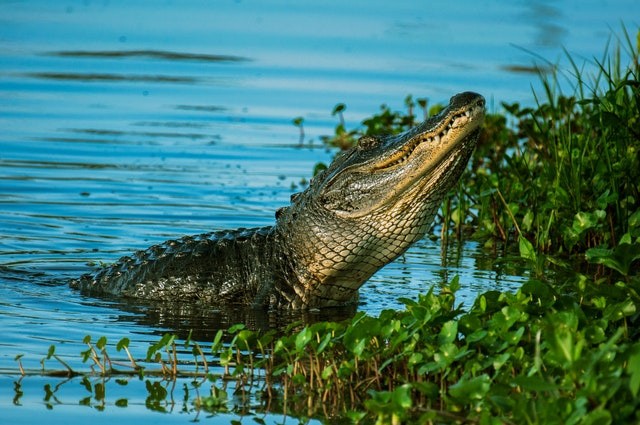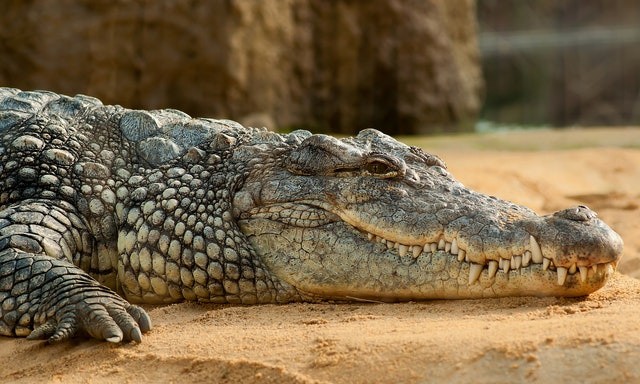A Madagascar crocodile underwent new ancient DNA-based study and it suggests that modern crocodiles are likely indigenous to Africa. A study headed by experts at the American Museum of Natural History has cleared up a long-standing disagreement about an extinct "horned" crocodile that possibly lived with humans in Madagascar.

Island of Madagascar
The research reveals that the horned crocodile was closely related to "true" crocodiles, as well as the well-known Nile crocodile, but on a different branch of the crocodile family tree, based on ancient DNA. The study, released today in the journal Communications Biology, counters the most current scientific reasoning about the evolutionary relationships of the horned crocodile and also proposes that the ancestor of modern crocodiles are possibly from Africa.
An assistant professor at Fordham University and a research associate at the American Museum of Natural History, lead author Evon Hekkala said: "This crocodile was concealing on the island of Madagascar when people were constructing the pyramids and was likely still present when pirates were getting trapped on the island, the crocodile blinked out just before we had the new genomic tools ready to make sense of the relationships of living things. And yet, they were the key to getting knowledge of the story of all the crocodiles alive presently."
Modern Humans in Madagascar
The coming of modern humans in Madagascar between around 9,000 and 2,500 years ago led to the extinction of many of the large animals in the islands, not excluding several lemur, elephant birds, giant tortoises, and dwarf hippos species. One insignificant extinction that happened during this period was that of an endemic "horned" crocodile - Voay robustus.
Early tourers to Madagascar noted that Malagasy peoples frequently referred to two kinds of crocodiles on the island: a large robust crocodile and a more gracile type which prefers rivers. This proposes that both types persevered until currently, but only the gracile form, now identified as a deserted population of the Nile crocodile (Crocodylus niloticus), is currently is seen on the island.

The Tree of Life
Despite almost 150 years of research, the placement of the horned crocodile in the tree of life has stayed controversial. it was initially described as a new species among the "true crocodile" group in the 1870s, which includes the Asian, American, and Nile crocodiles. Then, in the initial part of the 20th century, it was thought that the samples simply represented very ancient Nile crocodiles.
Eventually, in 2007, a study based on physical features of the fossil samples finalized that the horned crocodile was truly not a true crocodile, but in the family that includes dwarf crocodiles. To examine the position of the horned crocodile in the evolutionary tree fully, Hekkala and her team at the Museum made a number of trials to sequence DNA from fossil samples, plus two skulls that were well-preserved that have been at the Museum since the 1930s.
Related Article : Crocodiles' Super-skin Can Detect Environmental Changes
For more news, updates about crocodiles and similar topics don't forget to follow Nature World News!
© 2026 NatureWorldNews.com All rights reserved. Do not reproduce without permission.





